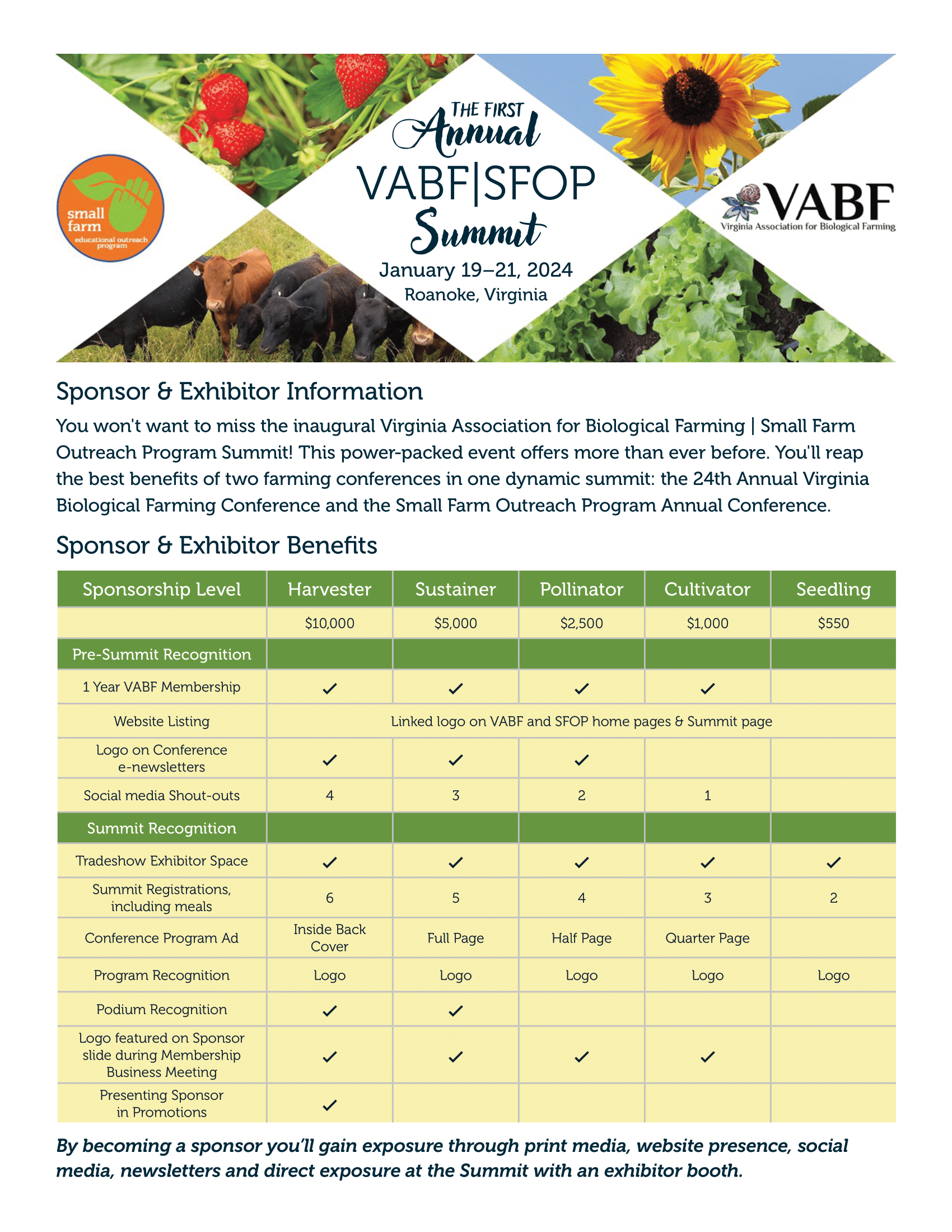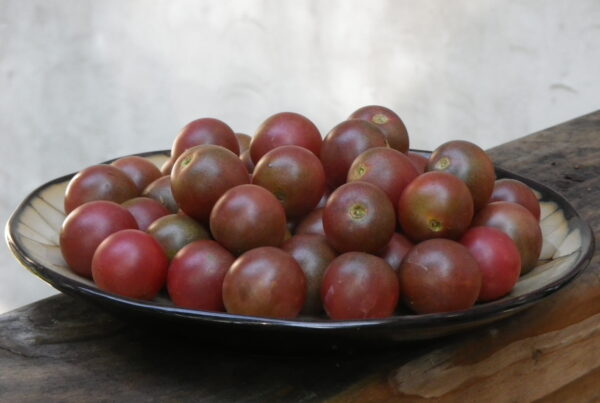Changes in the Agriculture Resilience Act of 2023 compared to ARA 2021
Title I – National Goals
Sec. 101 – Goals
- Date updates and additional specifics or clarifying edits on perennial production systems, soil health systems and practices, and manure management.
Sec. 102 – Action Plan
- No Changes
Title II – Research
Sec. 201 – Research Purposes
- Adds an 11th purpose for federally supported agriculture research, extension, and education: “develop food systems that are healthful, sustainable, equitable, and resilient to extreme weather and other impacts of climate change and other potential intersecting global and national disruptions.”
Sec. 202 – Climate Hubs
- Three changes, adding in soil health management systems to both the research and education purposes, and reduction of nitrous oxide emissions from manure to the grazing-based livestock management systems goals.
- Clarify priority section to make clear that hubs will synthesize and disseminate research.
Sec. 203/204 combined – SARE
- Combines sections 203/204 to one SARE section.
- Expands the purposes section of the new SARE initiative to specify additional goals, such as increasing soil carbon sequestration and storage.
- Clarifies that SARE extension will also provide outreach resources.
Sec. 204 (old Sec. 205) – LTAR
- Update to “agroecosystem”, rather than “agroecological” in the name of the program.
- Includes standardized measurements as a purpose.
- Adds management and analysis of large-scale data collection as part of the activities.
- Adds coordination with Climate Hubs in the coordination of research section.
Sec. 205 (old Sec. 206) – Seeds & Breeds
- Standardized with upcoming standalone bill.
- Updates definition of conventional breeding. Expands public breeding to include animal breeds. Changes funding mechanism for NIFA research, set at $75 million.
Sec. 206 (old Sec. 207) – ARS Career Scientists
- Date updates
Sec. 207 (old Sec. 208) – AFRI
- Date updates
- Rephrased to balance between mitigation and adaptation focus.
Sec. 208 (old Sec. 209) – SCRI
- Adds “diverse” in front of “multi-crop production systems” edit
- Adds in “ecologically based pest management” as an additional focus for SCRI efforts
- Adds in “reduce Greenhouse Gas emissions” as an additional focus for SCRI efforts
Sec. 209 (old Sec. 210) – Integrated Pest Management
- Date updates
Old Sec. 211 – NAS Study
- Deleted, since NAS has already started a study based on this section.
Sec. 210 (old Sec. 212) – ATTRA
- Standardized with Rep. Kuster’s bill, H.R. 6003 in the 117th
- Maintains climate focus within ATTRA. Adds in an increased authorization from $5 million to $8.5 million (+3.5 million), and adds language that the program should assist beginning, socially disadvantaged and veteran farmers.
Title III – Soil Health
Sec. 301 – Crop Insurance
- Date updates
- Adds 2 practices to the list of risk-reducing farming practices:
- a compost or biochar application;
- an agroforestry or other perennial production system;
Sec. 302 – EQIP
- Adds “sequestering carbon” and “increasing drought resilience” to list of conservation practices encouraged.
- Adds a definition of “Resource Concern” to EQIP: “The term ‘resource concern’ means a natural resource condition of the soil, water, air, plant, animal or energy resource base that impairs the sustainability or intended used of the resource.”
- Adds a clause to encourage USDA to prioritize EQIP practices that help producers move into the Conservation Stewardship Program.
- In the On Farm Conservation Innovation Trials section, adds several eligible approaches: “on-farm nutrient cycling”; and “perennial production systems, including agroforestry and perennial forages and grain crops.”
Sec. 303 – CSP
- Adds the same definition of Resource Concern to CSP as in EQIP section: “The term ‘resource concern’ means a natural resource condition of the soil, water, air, plant, animal or energy resource base that impairs the sustainability or intended used of the resource.”
- Drops the Contribution Agreements language (SEC. 1240L–3) addition in light of SUSTAINS Act passage.
Sec. 304 – State Soil Health
- Date updates
Sec. 305 – Funding & Administration
- Conservation funding amounts will stay the same.
- Updates the Third-Party Delivery of Conservation Technical Assistance. Ensures individuals can provide CTA. Includes adding perennial agriculture systems, soil health planning, greenhouse gas emissions reduction planning, integrated pest management planning, agroforestry planning and organic transition planning to the list of possible expertise.
- Strikes references to private carbon or ecosystems service markets within the Environmental Services Market council in light of Growing Climate Solutions passage.
Old Sec. 306 Soil Carbon Tax Credit study
- Deleted to keep in Senate Ag Committee jurisdiction
Sec. 306 (old Sec. 307) – Compliance
- Adds soil health management system to conservation plan requirement.
Sec. 307 (old Sec. 308) – Agroforestry Centers
- Adds specificity to the first program objective, adding “including agroforestry systems on semiarid and other fragile agroecosystems in which restoration of permanent woody perennial plant communities will enhance carbon sequestration and reduce greenhouse gas emissions.”
- Adds a technical assistance objective to the technology transfer objective.
- Adds a goal for information collection and dissemination of facilitating agroforestry adoption.
- Allows the Secretary to provide grants for agroforestry demonstration farms at each of the 4 centers.
Title IV – Farmland Preservation and Farm Viability
Sec. 401 – LAMP
- Date updates
Sec. 402 – NOCCSP
- Increases organic cost share maximum payment to $1,500 instead of $1,000.
Old Sec. 403 – Tax Exclusion
- Deleted to keep in Senate Ag Committee jurisdiction
Sec. 403 (old Sec. 404) – FFPA
- No Changes
Sec. 404 (old Sec. 405) – ACEP
- No Changes
Title V – Pasture-Based Livestock
Sec. 501 – Animal Raising Claims
- No Changes
Sec. 502 – Meat Processing
- Updated to align with Sec. 5 of the bipartisan, bicameral Strengthening Local Processing Act. Authorizes $20 million annually in discretionary funding for small plant grants to help diversify and strengthen local meat processing capacity.
Sec. 503 – Grazing Lands Conservation Initiative
- Changes grants to cooperative agreements.
- Renames Grazing Technical Assistance Self-Help program to Technical Assistance Training.
- Specifies 80% of funding should go towards the cooperative agreements, and 10% towards Technical Assistance Training.
Sec. 504 – CRP
- Date updates
- Allows CRP participants to opt into a Grassland 30 at any time.
Sec. 505 – Alternative Manure Management Program (AMMP)
- Standardized with upcoming AMMP standalone bill:
- Defines alternative manure management and covered management. Directs the secretary to establish an evaluation criteria that will maximize carbon sequestration, gHg reductions and overall environmental and public health benefits. Prioritizes funds for small and mid-sized dairy and livestock operations run by beginning and socially disadvantaged farmers.
- Adds “vermiculture composting” as a practice that can be supported by the program.
Title VI – On-Farm Renewable Energy
Sec. 601 – REAP
- Date updates
Sec. 602 – Dual Use Renewables/Agrivoltaics
- Replaces “dual use renewable systems” with “agrivoltaics” throughout.
- Adds in a demonstration program run by USDA ARS, standardizing language with standalone bill from Sen. Heinrich. Authorized at $15m per year.
Sec. 603 – AgSTAR
- No changes
Title VII – Food Loss and Waste
Subtitle A—Food Date Labeling
Sec. 701 – Food Donation
- No changes
Sec. 702 – Quality dates and discard dates
- No changes
Sec. 703 – Misbranding
- No changes
Sec. 704 – Regulations
- No changes
Sec. 705 – Delayed applicability
- No changes
Subtitle B—Other Provisions
Sec. 711 – Composting
- Standardized with Sec. 2 of Rep. Brownley/Sen. Booker COMPOST Act (H.R. 651/S.179)
Sec. 712 – Food Donation
- No changes
Sec. 713 – Food Waste to Energy
- No changes
Sec. 714 – School Food Waste
- No changes
Sec. 715 – Public Awareness Campaign Addressing Food Waste
- Adds new section to support National Media Campaigns to decrease instances of food waste. Authorizes such sums as necessary.
Sec. 716 – Food Waste Research Program
- Directs USDA Food Waste Liaison to establish a partnership with 5 regional partner institutions to carry out a Food Waste Research Program.






